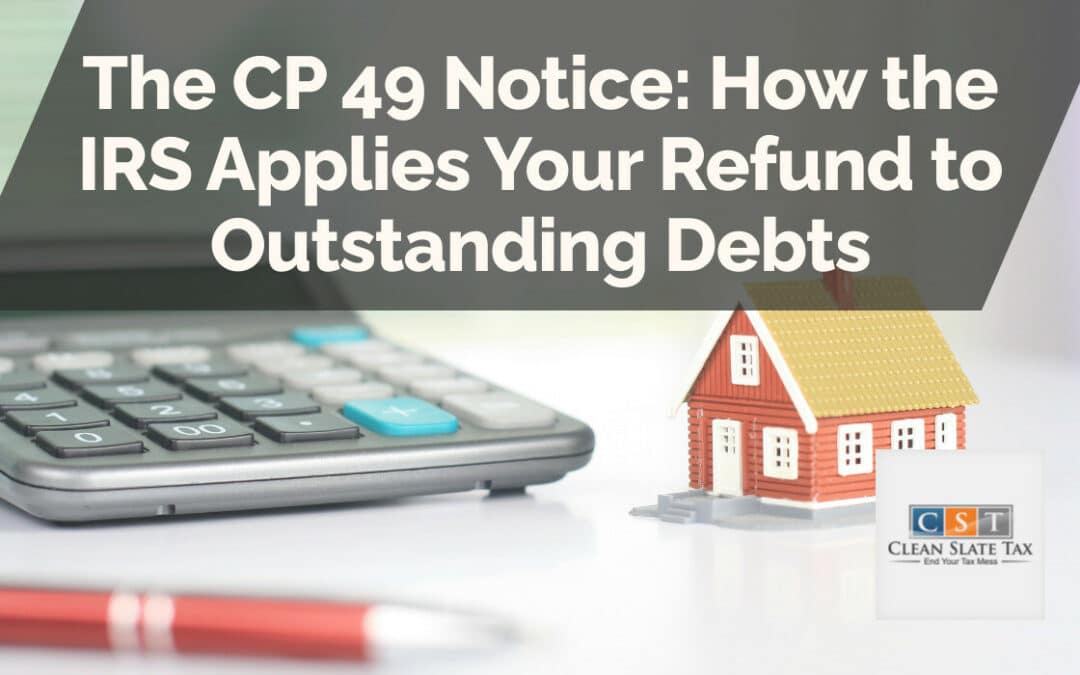The CP 49 notice is a demand note that the Internal Revenue Service (IRS) sends to taxpayers who have a tax refund due, but also owe the IRS money. This notice informs the taxpayer that the IRS has applied all or part of a measured refund toward the balance owed. Understanding the specifics involved with such an application from the IRS can be slightly confusing, but it’s a crucial part of your financial journey as an American taxpayer.
What Is a CP 49 Notice?
A CP 49 notice is essentially a notice issued by the IRS informing that your refund has been applied against your outstanding balance. It’s not necessarily bad news, instead it’s a notice aimed at transparency and informing taxpayers of their financial situation.
The Purpose of the CP 49 Notice
The IRS issues the CP 49 notice with the purpose of alerting taxpayers that it has taken a proactive step towards settling their outstanding tax debt. By applying the refund to this debt, the IRS is effectively reducing your tax liability, preventing further interest and penalties.
How Does the CP 49 Notice Work?
When you’re due for a refund, if there’s an outstanding balance on your account, the IRS will offset that balance with your refund. Hence, reducing or clearing the outstanding balance. This process is the essence of the CP 49 notice.
What Should You Do After Receiving a CP 49 Notice?
- If you have no objections to the notice, no further action is required from you.
- If you believe the details in the CP 49 notice are incorrect, you should address your concerns to the IRS. You can either call the toll-free number on your notice or write a letter explaining your objections.
- You should also review your previous tax returns to ensure that all owed amounts have been paid in full and check for any errors or omissions.
Frequently Asked Questions
Why was my refund applied to my outstanding debt without my approval?
The IRS can apply any refund due to a taxpayer to their outstanding balance without seeking approval first. Therefore, being proactive about filing your tax returns and staying abreast of your financial situation is crucial.
What happens if I still owe money after my refund has been applied?
If your refund isn’t enough to cover the sum of your outstanding balance, you’ll still be required to pay off the remaining amount. The IRS will provide instructions for making these payments which usually involve, payment plans or full payments.
What happens if I don’t agree with the amount stated in my CP 49 notice?
If you don’t agree with the amount stated in the CP 49 notice, you should contact the IRS. It is vital to provide any documents or information that could support your claim. Always remember, understanding your notices and rights is essential for the resolution of your dispute.
Conclusion
In conclusion, understanding the CP 49 notice is crucial for comfortable tax navigation. Whether it’s understanding why your refund has been applied to your debt or figuring out the steps to take when you’re not in agreement, clarity about the CP 49 notice places you in a better position to handle your tax obligations. Remember to contact a tax professional if you have any concerns or are feeling overwhelmed by the process.





